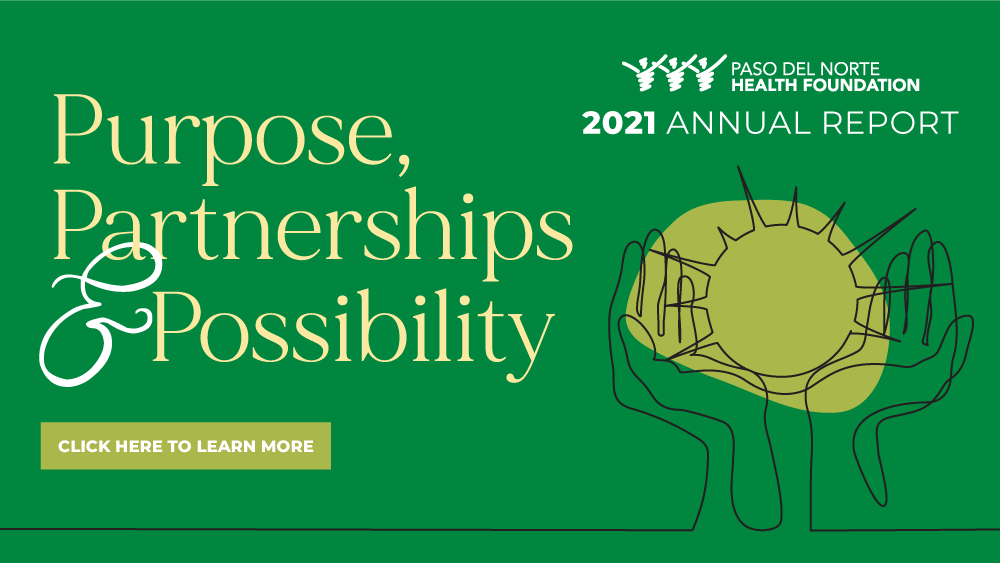From Our Team
Underage drinking is no minor problem
“I’d rather my teen and her friends drink in my home than drink and drive.” Many well-meaning parents believe that allowing their teenagers and their friends to drink alcohol in their homes is safe and prevents alcohol related car accidents. They may also believe that allowing their teens to drink under adult supervision leads to healthier attitudes about drinking. Recent reports about excessive underage drinking parties as well as new studies about the long-term effects of underage drinking provide compelling reasons to rethink this commonly held belief.
Sixty percent of Texas teens who do drink report that they get alcohol at parties. It is important to note that, parties, whether supervised or unsupervised by an adult, are high risk settings for hazardous drinking behaviors, including binge drinking (5 or more drinks in one hour for males, 4 or more drinks in one hour for females). Not surprisingly, binge drinking is associated with alcohol-related injuries, sexual assaults, alcohol poisoning, property damage, and other drug use. Parties can also be “training grounds” where young drinkers are exposed to heavier drinkers, accelerating their use of the alcohol.
Many believe that providing alcohol to teenagers at home promotes drinking alcohol responsibly and lessens the risk of drinking problems as teens get older. Evidence challenges these beliefs. Making alcohol accessible to teenagers actually increases the chance that they will continue to drink as they get older and can lead to drinking problems as adults. In addition, teens who begin drinking at a young age have a greater chance of experiencing alcohol dependency as adults. In addition, adolescents are more likely to abuse alcohol and other drugs if their parents are permissive about alcohol use.
Finally, it is important to keep in mind that there are legal consequences for adults who provide alcohol to minors. While the law allows minors to drink under the supervision of their parents, it is illegal to provide alcohol to minors other than one’s children. Providing alcohol to minors is a Class A misdemeanor. Offenders can be fined up to $4,000, be sentenced to up a year in jail, and receive an automatic 180-day suspension of the driver’s license.
While parents perceive that teens don’t listen to them, it’s important to remember that parents can influence their teens’ attitudes about underage drinking. When it comes to alcohol, drug, and tobacco use, parents are more influential than their friends, TV, music, or the internet. Kids who talk about the risks of alcohol use with their parents are 50 percent less likely to use alcohol. The Partnership at Drugfree.org offers these suggestions for talking to your child:
Talk and listen regularly to your teen. Be directly involved in your child’s everyday world. You will develop trust and learn how to talk to each other about difficult topics through everyday discussions about your child’s daily activities and challenges. Make it clear why you do not want your child to use alcohol or other drugs. Make sure your child knows your rules, the consequences about breaking those rules, and that the rules will be enforced if broken. You can find more information about the consequences of underage drinking and how to talk to your child about alcohol at www.drugfree.org.
Back to Articles

